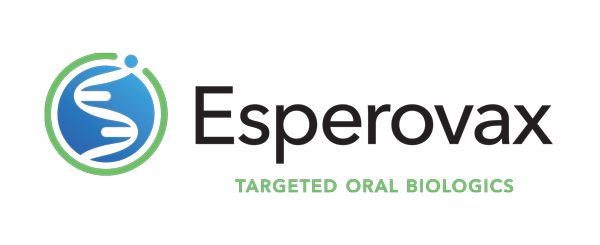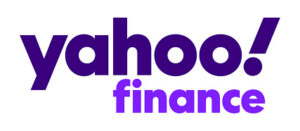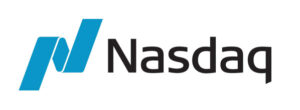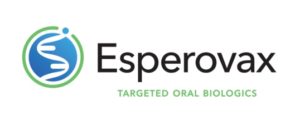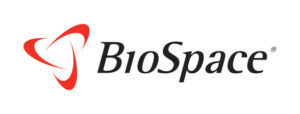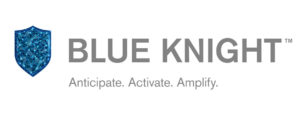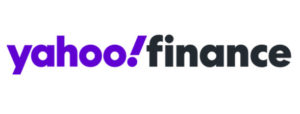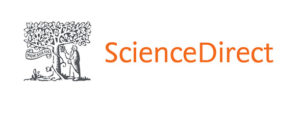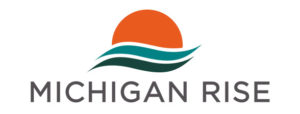NEWS
Esperovax Awarded Subcontract for Development of Thermostable Oral Vaccine Platform
Esperovax, Inc., a private Michigan-based biotechnologycompany specializing in innovative circular RNA technologies announced today that…
Read MoreEsperovax Awarded $1M for Development of an Oral COVID-19 RNA Vaccine under the HHS Project NextGen Initiative
Esperovax, a U.S.-based preclinical biopharmaceutical company and a BLUE KNIGHT™ resident company, is receiving an…
Read MoreEsperovax Appoints Dr. Robin Robinson as President and CEO
Plymouth, Mich. – Esperovax, Inc. a leading oral RNA vaccine and therapeutic technology company specializing…
Read MoreEsperovax, Ginkgo Bioworks Join Hands To Develop Circular RNA-based Therapeutics
Esperovax, a developer of oral mRNA biologics, and Ginkgo Bioworks (DNA), which is building the…
Read MoreEsperovax Signs Exclusive Licensing Agreement with the University of Michigan for a Novel Manufacturing Technology for the Production of Vaccines and Therapeutics
Initiative to enable continuous oral vaccine and therapeutics manufacturing for diseases worldwide ANN ARBOR, Mich.…
Read MoreEsperovax and Life Magnetics to Deliver New Oral Therapeutic to Colorectal Patients
Esperovax, a leading developer of oral mRNA biologics, and Life Magnetics, Inc., creators of RNA…
Read More
Esperovax Selected as a
BLUE KNIGHT™ Company
Aiming to accelerate research on groundbreaking oral mRNA vaccine platform [San Francisco/California] — Esperovax, a…
Read MoreGlobal Thermostable Vaccines and Thermostable Biologics Market to 2035 – by Type of Molecule, Target Indications, Type of Therapy, Key Players and Region – ResearchAndMarkets.com
DUBLIN, February 08, 2022–(BUSINESS WIRE)–The “Thermostable Vaccines and Thermostable Biologics Market by Type of Molecule, Target…
Read MoreEsperovax Co-Founders Published in Separation and Purification Technology Journal
Co-Authored piece examines Aques Two-Phase System aimed at speeding vaccination production, quick deployment for today’s…
Read MoreMichigan Rise Invests in Esperovax
Biotech Company developing Novel Oral mRNA–Based vaccines and biotherapeutics East Lansing, MI – Michigan Rise…
Read More